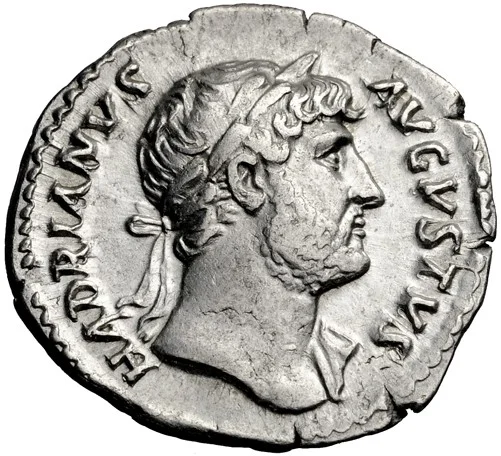A lady was sharing her woes with my wife in the changing room at the gym. Her problem was simple. She had to keep dying her hair every couple of weeks, or the roots would start to show.
And this is a pretty decent description of how people handle more serious problems in their lives too. We coat our issues with something that makes them disappear, but before too long they all come back. The reason, of course, is that the roots of our problems have never been dealt with.
A frequent mistake in pastoral care is to treat the symptoms rather than the cause. An over-the-counter painkiller will deal with an ordinary headache, but it won’t do anything much for a brain tumour.




